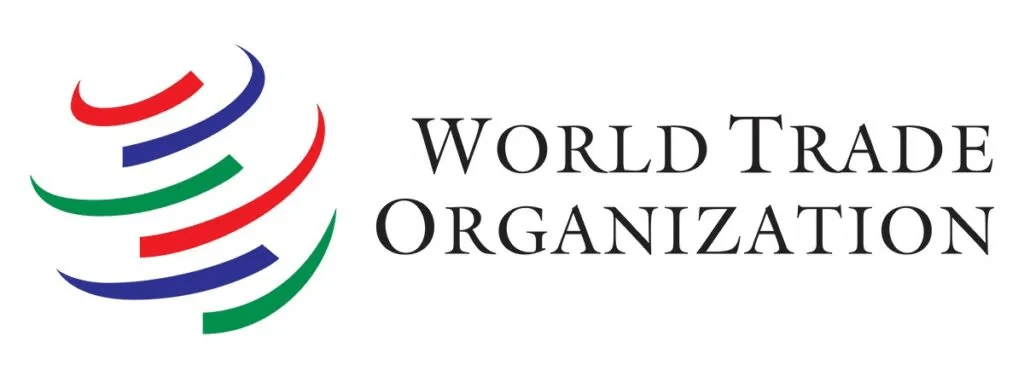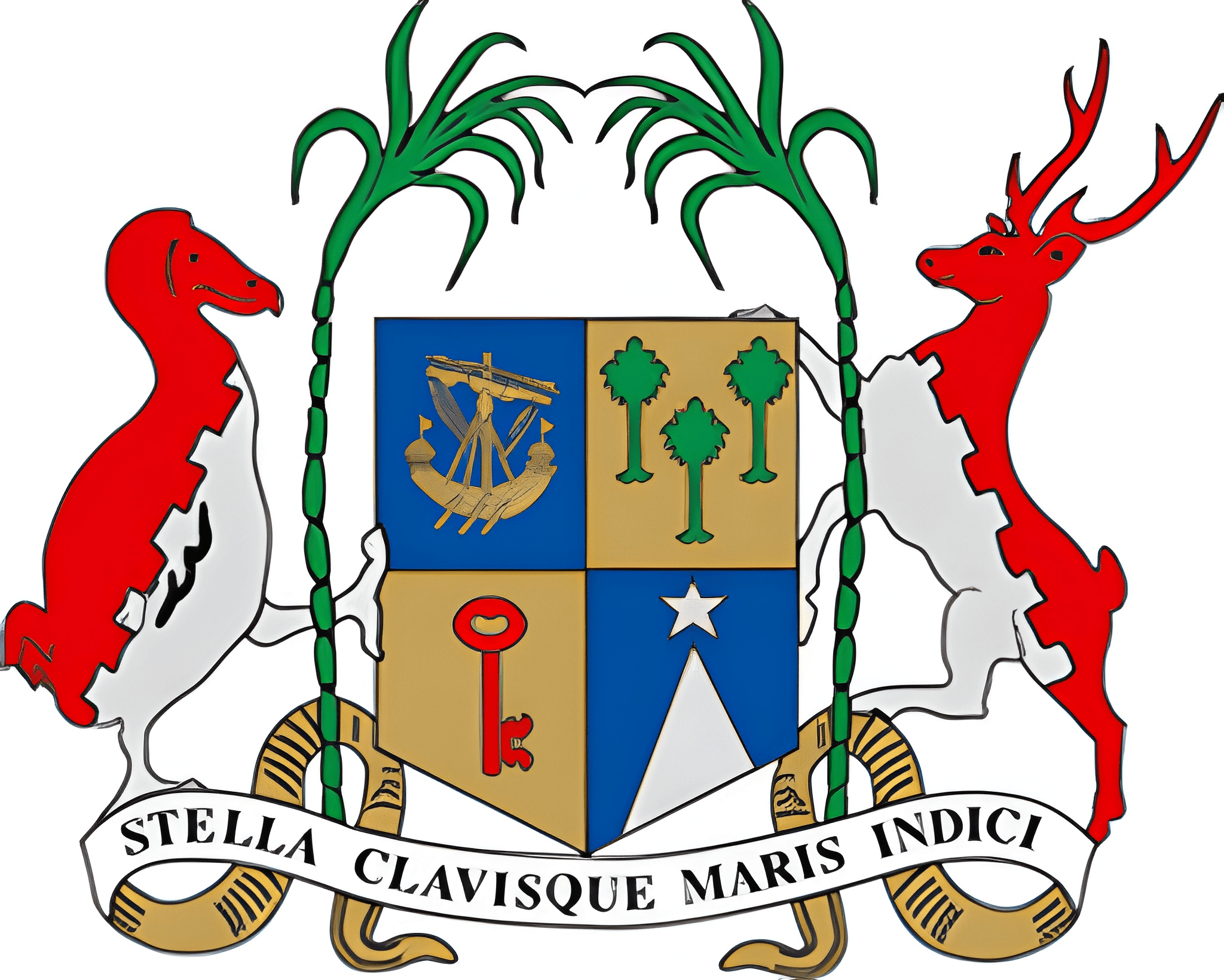International agreements

IPPC (International Plant Protection Convention)
Mauritius is a contracting party to the International Plant Protection Convention (IIPC), which is a multilateral treaty for cooperation in plant health and protection under the auspices of the Food and Agriculture Organization of the United Nations (FAO).
The goal of the IPPC is to protect the world’s cultivated and natural plant resources from the spread and introduction of plant pests while minimising interference with the international movement of goods and people.

ISPM (International Standards for Phytosanitary Measures)
International Standards for Phytosanitary Measures (ISPMs) are standards adopted by the Commission on Phytosanitary Measures (CPM), which is the governing body of the International Plant Protection Convention (IPPC). These international standards:
- Protect sustainable agriculture and enhance global food security
- Protect the environment, forests and biodiversity
- Facilitate economic and trade development

WTO SPS Agreement (Sanitary and Phytosanitary Agreement)
As a member of the World Trade Organisation (WTO), Mauritius complies with the Agreement on the Application of Sanitary and Phytosanitary Measures (the “SPS Agreement”) which entered into force with the establishment of the World Trade Organization on 1 January 1995.
The SPS Agreement concerns the application of food safety and animal and plant health regulations. For the purposes of the SPS Agreement, sanitary and phytosanitary measures are defined as any measures applied:
- to protect human or animal life from risks arising from additives, contaminants, toxins or disease-causing organisms in their food;
- to protect human life from plant- or animal-carried diseases;
- to protect animal or plant life from pests, diseases, or disease-causing organisms;
- to prevent or limit other damage to a country from the entry, establishment or spread of pests.
SPS measures are based on science and applied only to the extent necessary to protect human, animal or plant life or health while ensuring that the measures are justified and are not used as unjustified barriers to international trade.
 Loading in progress
Loading in progress
